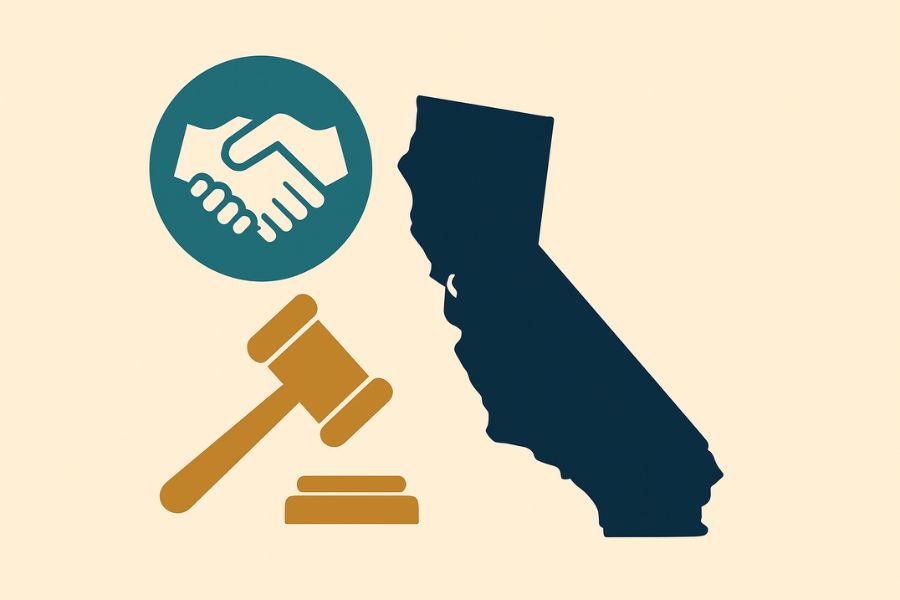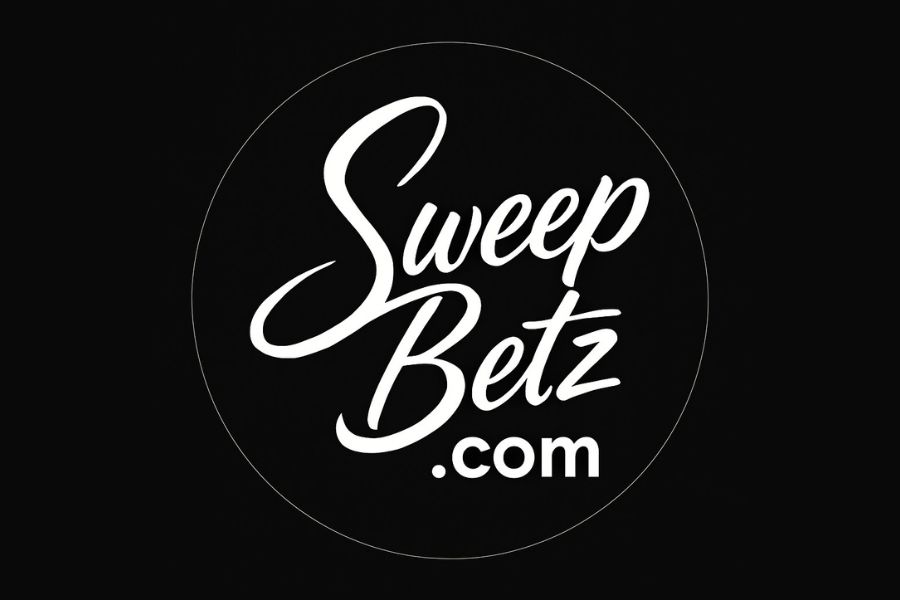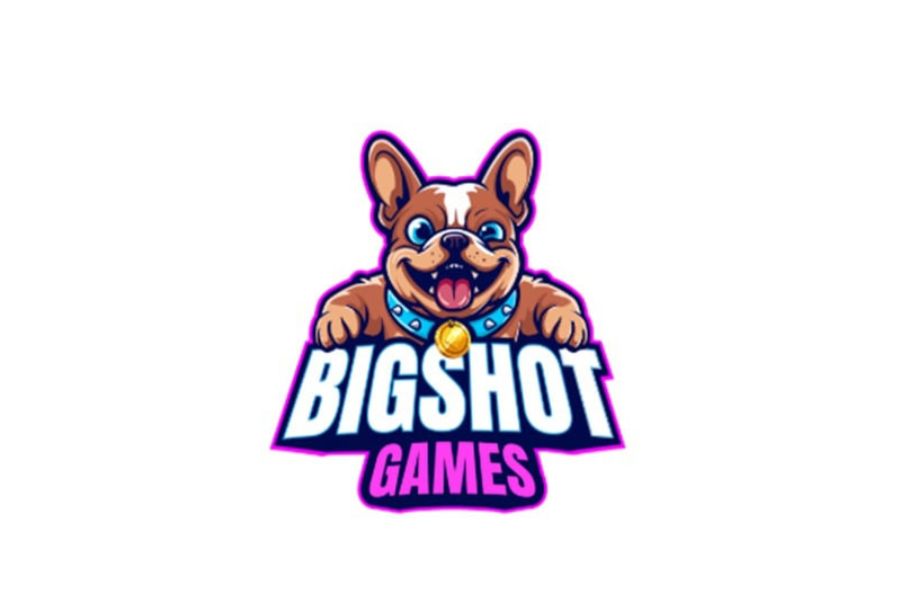Two major trade groups that speak for the U.S. sweepstakes-casino sector — SPGA and SGLA — are combining into a single organization.
The timing follows movement on AB 831 in California, a bill that would restrict the “dual-currency” model used by many social casinos. The new group says it will focus on clear rules, consumer safeguards, and dialogue with lawmakers.
If the bill becomes law, some companies may leave the state, which could change how players access popular sweepstakes platforms across the country.
Why the Groups Are Joining Forces
Formed in 2024, SPGA brought together social-casino and sweepstakes casinos to promote safety standards, education, and responsible play.
In 2025, SGLA emerged with backing from several well-known operators, including VGW, and pushed for consistent rules across states. Leaders from both groups say a single body can reduce confusion, align messages, and advocate for practicallicensing and compliance paths.
Former congressman Jeff Duncan has been a visible spokesperson urging age checks, platform protections, and clear disclosures.
The merger is also about timing. Lawmakers are weighing AB 831, reflecting growing questions about how sweepstakes-style products should be regulated. A unified group can present data, answer policy concerns, and work with consumer advocates to improve safeguards.
With the bill now before Gavin Newsom, the combined organization wants to make the case for rules over outright bans. In Sacramento, one coordinated voice may carry more weight with committees, staff, and stakeholders who have limited time to parse competing proposals.
What It Means for Players and Operators
For players, the immediate concern is access. If dual-currency sweepstakes — which often use Gold Coins for social play and Sweeps Coins for promotional entries — are limited or banned in California, familiar brands could go dark in the state.
That might affect community features, promotions, or loyalty programs for local users. For operators, the risk is losing a large, active market while facing a patchwork of rules elsewhere.
That pressure typically pushes companies to strengthen age checks, improve odds and eligibility disclosures, expand time and spend tools, and publish clearer terms.
California is too large to ignore. If major platforms pull back, the ripple effects could hit marketing plans, partnerships, and product roadmaps nationwide. In the near term, the key is the timeline for AB 831: the governor can sign, veto, or allow it to take effect without a signature.
Whatever happens, expect more targetedregulationdiscussions in other states, stepped-up outreach from the merged group, and tighter enforcement expectations for any platform still operating. Companies that lean into transparency and robust consumer protections will be better prepared for audits, rulemaking, and public scrutiny.
For the industry, having a single advocacy team may speed up standard-setting and help lawmakers judge products on how they protect users, not just on headlines.




